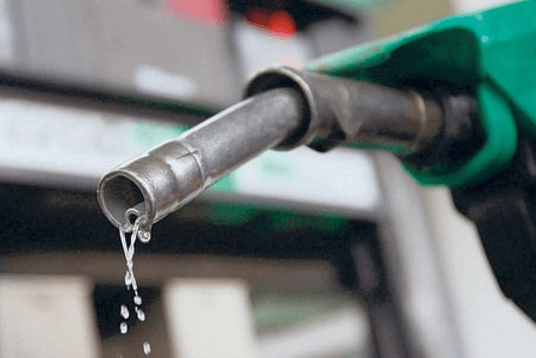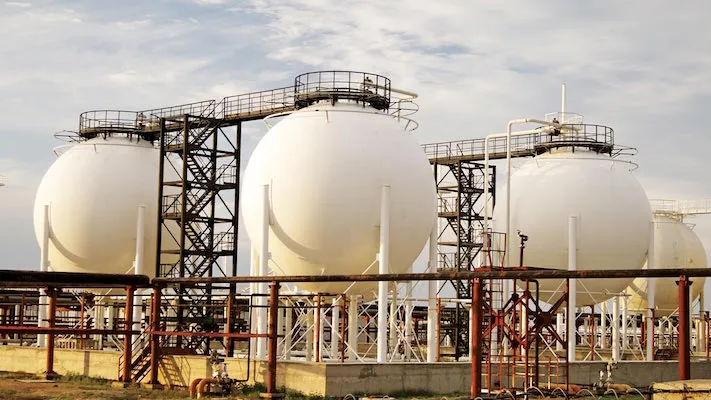Nigeria oil output July 2025 hits a six-month high of 1.71 million bpd, signaling strong recovery driven by improved security and investment climate, says NUPRC
Nigeria oil output July 2025 has surged to a six-month high, reaching an average of 1.71 million barrels per day, according to new data from the Nigerian Upstream Petroleum Regulatory Commission (NUPRC).
Also read: Nigeria crude oil output target 2026 on track, says NUPRC
The latest report, released on Thursday via the Commission’s official X handle, highlights a 9.9% year-on-year increase, signaling progress toward Nigeria’s budgetary and OPEC production targets.
- Crude Oil: 1.507 million bpd
- Condensates: 204,864 bpd
- Total Output: 1.71 million bpd
This is up from 1.69 million bpd in June 2025 and significantly higher than 1.56 million bpd recorded in July 2024.
The NUPRC attributes the production boost to:
- Enhanced security measures
- Operational efficiencies across the upstream sector
- Stronger regulatory oversight aimed at curbing oil theft
“Even though Nigeria’s oil production has hit a six-month high… we are still exploring ways to expand the frontiers of energy production,” the NUPRC said in its statement.
The Commission noted that its Chief Executive, Engr. Gbenga Komolafe, recently hosted TotalEnergies’ President of Exploration and Production, Nicolas Terraz, at the NUPRC headquarters in Abuja to affirm Nigeria’s readiness for more foreign investment.
“The message is clear: Nigeria is ready for business,” the Commission emphasized.
Engr. Komolafe previously announced the government’s goal of increasing national output to 2.1 million bpd by 2026.
The July figures, the highest since January 2025, indicate Nigeria is on the right path toward achieving that target.
- Forcados Terminal: 9.04 million barrels (highest output)
- Bonny Terminal: 12.7% month-on-month production increase
Also read: Petrol price hike in Nigeria may hit N900 amid global oil surge
With ongoing reforms, robust security, and renewed investor confidence, Nigeria’s oil sector appears to be stabilizing, moving the country closer to its strategic production targets and improving its competitive edge in the global energy market.
Source: Read more at thecable.ng
























